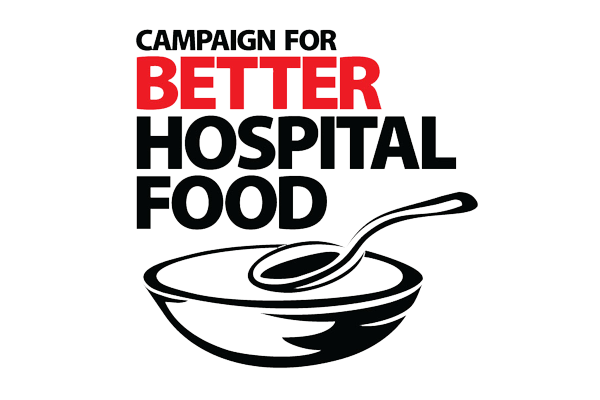1. Exploited farmers and workers
Taxpayers’ money can still be spent on hospital food farmed by workers in poor countries who are mistreated and unfairly paid, and potentially subject to compulsory labour and child exploitation. For example, only half of tea and coffee served and sold in our hospitals has to be fairly traded and all other hospital food produced in poor countries, such as bananas and sugar, is excluded entirely.
2. Treatment of animals
There are no animal welfare standards, as we would recognise them, for hospital food. The government has only asked hospitals to buy eggs laid by hens living in ‘enriched’ cages, yet British farmers are only allowed to use ‘enriched’ cages as a minimum legal necessity.
The absence of welfare standards for all animals used for hospital food means that they are likely to have been badly treated throughout their short lives. The factory farms they are kept in are cruel. They rely on pumping the animals with precious antibiotics to prevent infection caused by their terrible living conditions.
3. Needless death of fish
While progress has been made by our supermarkets the government still refuses to require hospital tuna to have been caught using ‘pole-and-line’ fishing methods. This is a more traditional way of fishing and results in far fewer fish being needlessly killed by industrial fishing nets.
4. Pollution
Better quality hospital food is made using ingredients from farms using practices that preserve our soil, air, wildlife and water. The government has failed to use its hospital food standards to increase the number of hospital meals made in this way. Instead, the standards protect the status quo, meaning that most hospital food is still cheaply made using industrial processes that causes pollution to our living environment and damages to our health. This includes excessive spraying of pesticides and artificial fertilisers.
5. Food waste
Hospitals are not being asked to make any commitments to limiting the amount of food that they waste, which means that they are under no pressure to improve the quality of the food on offer. A vast quantity of hospital food is thrown into the bin every day.
6. Junk food
The healthiness of our food is vital, not least in a hospital setting where patients need nourishment in order to recover from illness and life-saving surgery. Despite this, the government’s hospital food standards do not even include basic nutritional rules, such as reducing sugar and banning harmful trans fats. Unacceptably, they also fail to match the salt and saturated fat targets set by government for food manufacturers and supermarkets.
7. Matching school food standards
It is beyond belief that the government has published hospital food standards that fail to match those set for school meals, meaning kids in hospital can still be served food that is prohibited in our schools.
8. Trustworthy inspections
The government asks hospitals to monitor the quality of their own hospital food. The results are often ludicrously favourable and contrast with what patients say about the poor quality of food that they are served. We’re asking the government to hand responsibility for inspecting hospital food to an independent body trusted by patients and staff.
You can read the government’s hospital food standards here.
Better Hospital Food: The campaign represents a coalition of organisations calling on the Westminster government to introduce mandatory nutritional, environmental and ethical standards for food served to patients in NHS hospitals in England.
